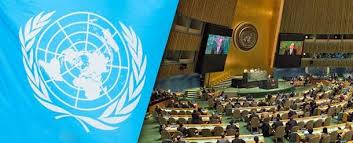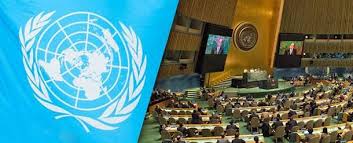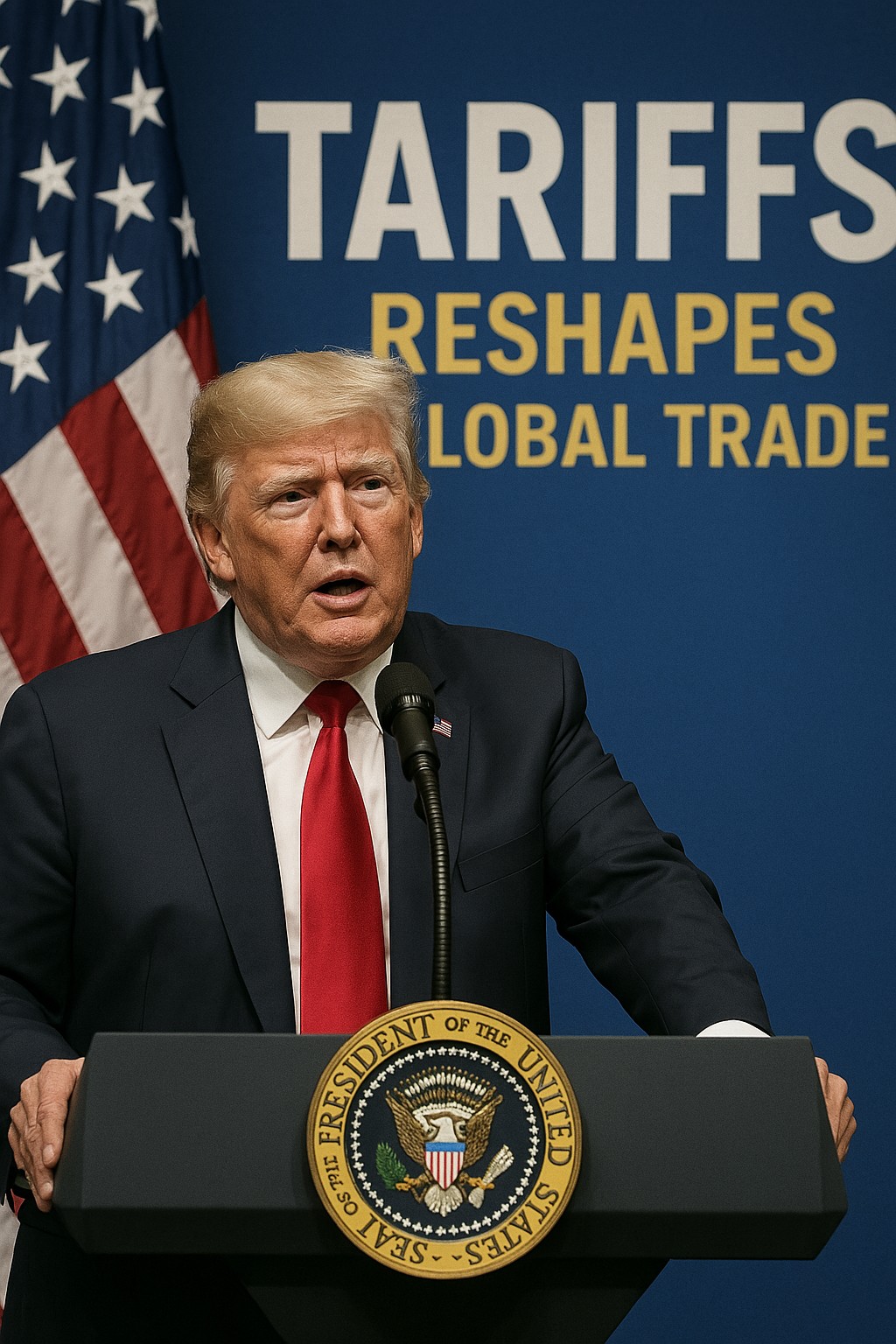
In a momentous decision, the United Nations General Assembly has granted a seat to a representative from Palestine. This decision, while not granting full membership, is a significant step that promotes the rights of Palestinians. However, it also underscores the many challenges that still lie ahead. The fact that most member states backed this move is a testament to the strong support for Palestinian representation.
Currently, Palestine is not officially recognized as a state. It holds only observer status at the UN. This status allows Palestine to participate in discussions but does not provide full voting rights. Nevertheless, the recent decision marks a step toward greater recognition.
Transitioning to the broader context, Palestine is often defined by its geographic boundaries. The area includes the land from the Jordan River to the Mediterranean Sea and extends from Lebanon to the southern end of Israel. This definition encompasses the entire state of Israel, highlighting the situation’s complexity.
The support for the Palestinian representative reflects a growing sentiment among many nations. Many believe that recognizing Palestinian rights is essential for peace in the region. The ongoing conflict between Israelis and Palestinians has deep historical roots. As a result, many view this move as a way to promote dialogue and understanding.
However, the path to full membership remains to be determined. Several countries, particularly those aligned with Israel, have expressed reservations. They argue that recognition should come only through negotiations. Transitioning to a more diplomatic approach, these nations emphasize the need for a two-state solution. They believe that both Israelis and Palestinians should have their states living side by side.
Despite these challenges, the majority of the General Assembly supports Palestinian rights. This backing indicates a shift in international attitudes. Many countries are increasingly willing to stand up for Palestinian aspirations. They argue that recognizing Palestine is crucial for achieving long-term regional stability.
Looking ahead, the UN’s decision could open the door to further discussions. The inclusion of a Palestinian representative in the UN may foster increased dialogue, potentially leading to new opportunities for peace talks. While the complexities of the conflict are significant, this development offers a glimmer of hope for progress.
Moreover, the UN’s decision is not just a milestone for Palestinian representation, but it could also have far-reaching implications for global diplomacy. Other international bodies, such as the European Union and regional alliances, may take note and reconsider their own positions on recognizing Palestinian rights. The UN’s move could set off a chain reaction, reshaping the global diplomatic landscape.
The UN General Assembly’s decision to grant a seat to a Palestinian representative is a significant development. While it promotes Palestinian rights, full membership remains pending. The recognition of Palestine as a representative entity highlights ongoing international support. However, the complexities of the Israeli-Palestinian conflict continue to pose significant challenges. The world will be watching to see how this decision influences future discussions and peace efforts in the region.




